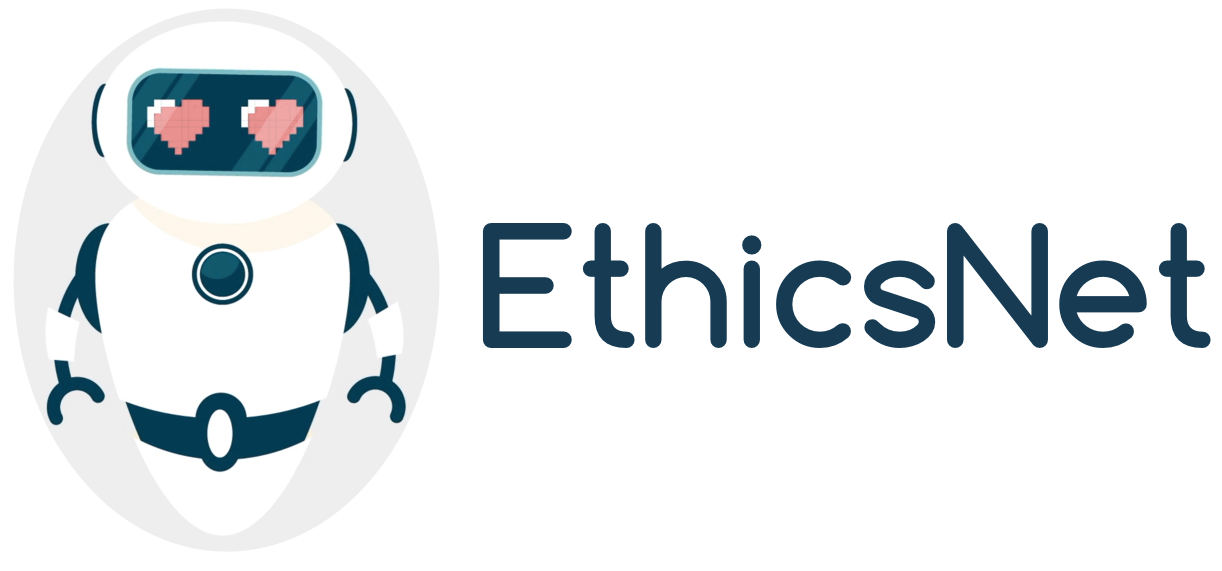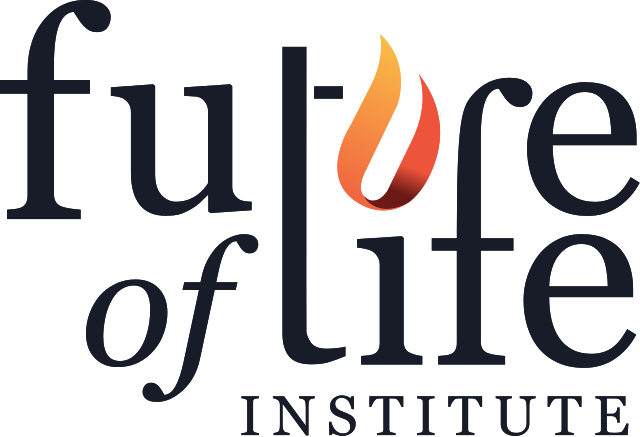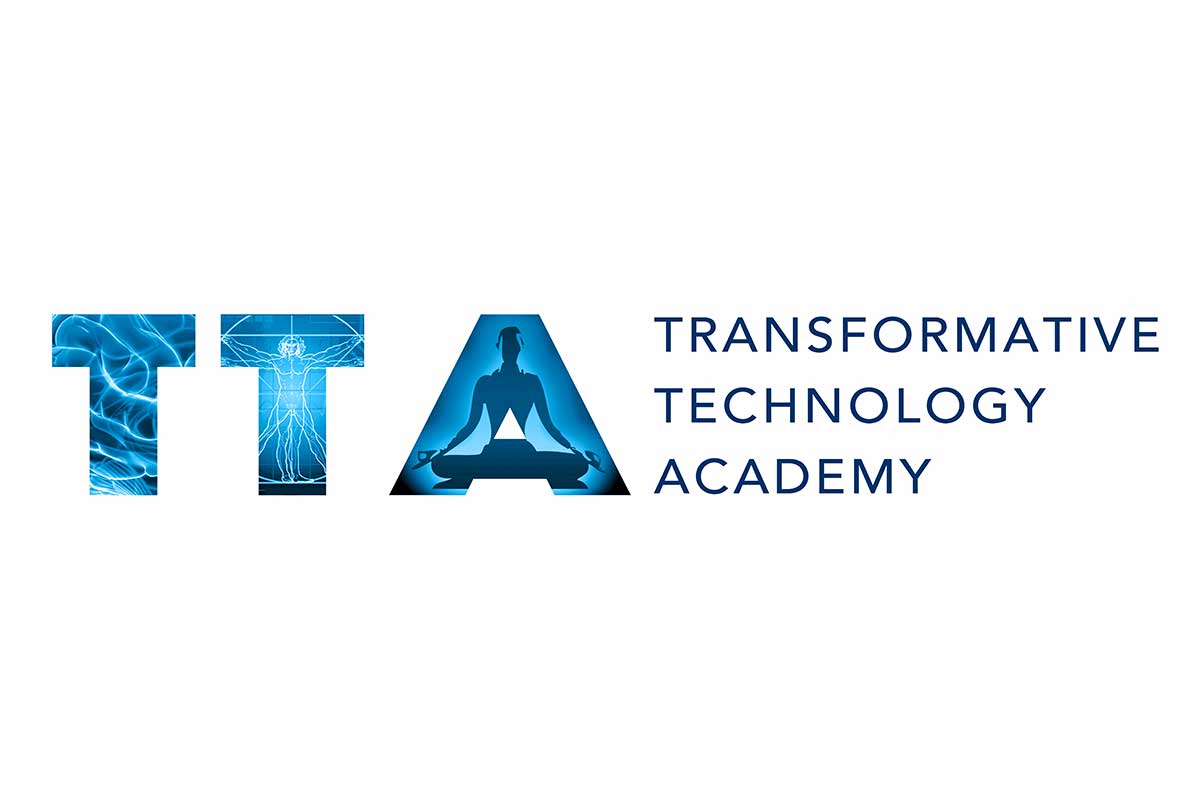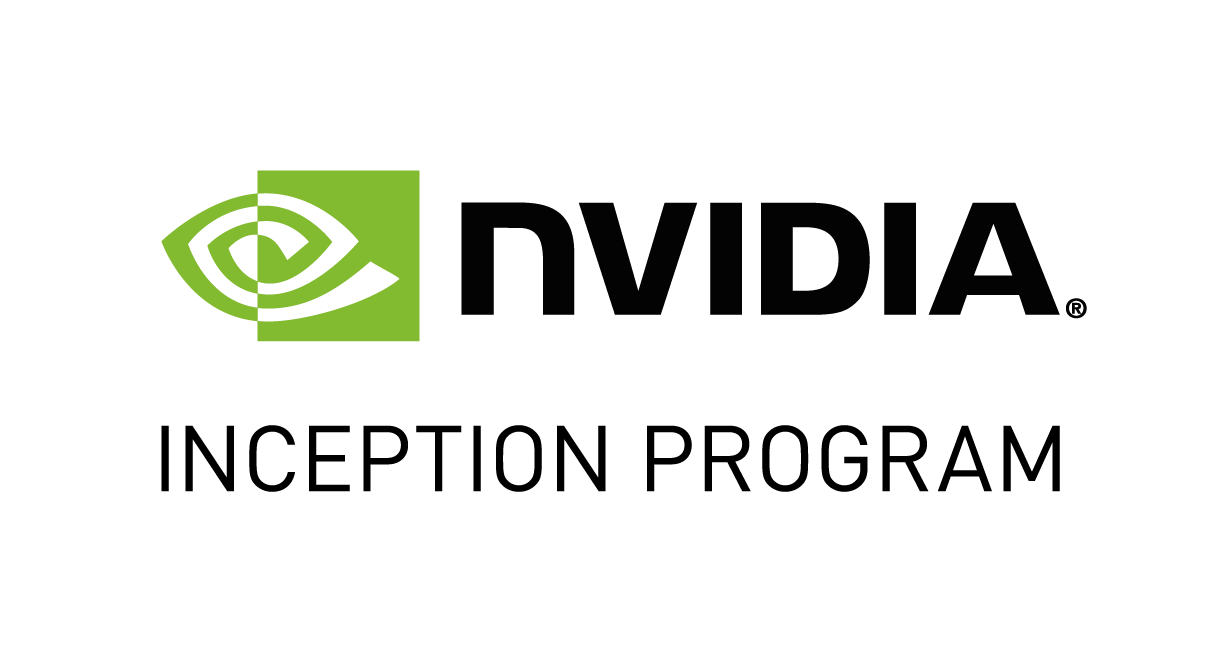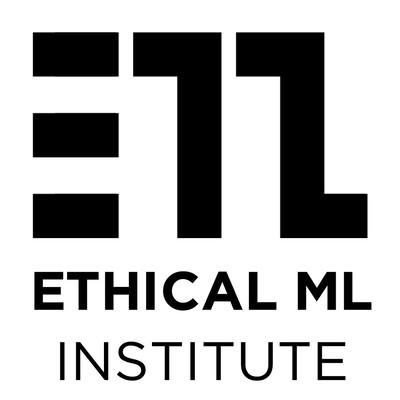Completion of Phase 1
/Notes from Nell Watson
Status Report as of Jan 2017 on close of 1st Project Phase
Project Overview
EthicsNet (aka OpenEth / Crowd-Sourcing Ethical Wisdom) has a mission to enable practicable computational ethics. This is applied to crowdsourcing ethical wisdom to create a generalizable ethical framework that can be applied to autonomous systems.
Aims (as stated in 2015)
“Our project aims to create a way of visually specifying ethics by asking the crowd to co-create with us.
We will design and discuss an evolving ethical framework that can be build using web-enabled UML-like system
The framework itself is intended to essentially deontic at its core, and yet retain some flexibility with regards to weighing a variety of potential factors. The plan is for a generalizable ethical framework to be built from the ground up by the crowd, evolving through many iterations.
This project is intended to be open source though may feature a commercial spin-out to help funnel resources back and thereby support it long-term.”
Action
With the support of SIDN Fonds we took the following actions upon the intentions above:
· We developed complex original technical infrastructure based upon 25 different individual technologies.
· We expanded our team from 3 to 6 people, bringing about crucial new design and ethical analysis talent.
· We started mapping interesting ethical dilemmas to help prove the concept
· We developed Prototypical APIs and integration modules to connect our technology directly to drone control mechanisms using MavLink/Arducopter etc
· We developed a plan for the future, to further the development, and to ensure the long-term sustainability of the project.
· We had hundreds of conversations worldwide with people and businesses who had and interest or concern with regards to machine ethics. EthicsNet was the locus of discussion of around 50 publc lectures.
Results
Community
We have constructed a basic login and saving system which means that credit can be assigned for individual contributions. In the next phase we will add the ability to assign ‘karma’ or respect points for contributions, and to make a profile (much like Wikipedia’s commenting, karma, and userpage system).
Implementation
We are satisfied with the technology that we have developed. It accurately and reasonably prioritizes ethical decision making using methods that are collaborative. This is a world first and we consider it to be a significant achievement.
The next steps will involve making the process of specifying ethics more clear and simple, and providing an in-depth tutorial to explain how things work.
Interface
The ‘play with ethics’ portion is still unfortunately rather ugly. We have beautiful designs, but a front-end developer we hired to help has had trouble in running our engine on his local machine to test during development. Our main system programmer is also currently in the far East, which has made this process slower.
We believe that having a rather ugly (though functional) main interface is holding back adoption of the project somewhat. It is far less attractive to media, and more daunting for a new user to understand.
We have been waiting for the new ‘face’ to be ready before doing outreach to the media as we reason that we have only one chance at a first impression in calling people to join our community and want to make the most of it.
Input
We currently have analyses of 23 ethical dilemmas. We have tried to encourage a range of problems, in order to demonstrate the versatility of our technology, and to engage the imagination of collaborators, rather than focus on specific domains (leaving that for the next stage).
Iterations
We made a few major changes in our approaches, as we shifted from a big data approach, to an initial top-down hand- programmed approach that could become increasingly automated over time.
We also decided to leave ideas that we had for proofing algorithms for the next phase, when we have sufficient resources to apply blockchain technologies.
Overall Effects and Impact
The impact of this project so far
· We have proven the concept and basic feasibility of a community-driven ethical explication system. Having proven the concept, we now expect a sort of ‘Wright Brothers effect’ whereby others start to explore these same ideas.
· We provide inspirational answers to many of the trickiest quandaries of human and machine relations which many people find so challenging.
· We have engaged with governments, e.g. UK & US, in order to provide outreach and evangelism to illustrate that there are technical solutions possible.
· We have also engaged with NGOs, Universities, and respected media worldwide to build a powerful support network.
· We have the beginnings of a community to work with us long into the future.
· We have a plan for the future – how to develop our technologies practically, and to deploy them meaningfully to the global market.
· We have delivered this to the public in the form of well-managed open source repositories that can be freely built upon by others.
· We have put computational ethics / machine ethics on the map, single-handedly creating a new sector of the economy that will grow to being worth billions.
Our contribution to the objectives of SIDN Fonds
Progress in the field of ethics is generally rather glacial. Much of Philosophy and Ethics from thousands of years ago still has merit today, unlike the vast progress humanity has made in every other domain.
The Netherlands has, however, long been a pioneer in the development of new and better ethical rules, providing particular safeguards and respect for minorities long before other nations, and being the first to address the excesses of colonialism.
At the dawn of the 21st Century, we have an amazing opportunity to shape the future of the human condition by leveraging the power of machine intelligence and collaborative co-creation. Ethics indeed can be computable, and moreover we can apply machine intelligence to making sense of the fuzzy and implicit things that are often so difficult to describe or conceptualize.
Being able to come together as a global community to construct computable ethics enables a shift in the human condition itself. We can move beyond intuitions and into something concrete, rational, replicable, and shareable models of how the world ought to work. These models are essential for building a better world, and becoming better human beings.
Moreover, this new way of thinking about ethics enables us to make the most of machine intelligence, and to protect and uphold the rights and safety of everyone in our society.
From our perspective, it is difficult to imagine a project with more incredible guts, disruptive potential, and social value than OpenEth.
Learning
We initially had a concept of deep-diving into data in order to uncover ethical relations. However, we quickly found that we lack the resources to do this internally to the team. It requires very large curated datasets, and we might as well simply make our won.
We instead came up with a hybrid concept initially based on labor-intensive supervised learning, which can grow to accommodate fast and automated Unsupervised and Reinforcement Learning also in the next version.
Although we developed technology to connect our technology directly to autonomous systems to drones, we found that we need more ethical analyses to be completed before we can serve this use-case properly. We had hoped to demonstrate the use of our ethical framework live as a killer demo, but cannot as yet. The hardest part (connecting in the rules to the drone) is achieved; it just needs a more expanded ruleset.
Meanwhile, having done extensive outreach and customer development, we are planning to explore smart contracts as a use-case. Whilst perhaps a less exciting physical demo having some kind of 3rd party ethics system is a dire necessity for smart contracts, and we sense strong commercial value here. Ethical analysis is an enabling technology that will allow smart contracts to become practical, since a philosophy of ‘code is law’ is not actually very practicable in the real world – the realities of human frailties and force majeure must be allowed for.
We have also identified how we can make the OpenEth project commercially sustainable in the long term, by having a profit-making arm that feeds resources back to OpenEth.
The Future
We have a whitepaper under development that will outline future developments in depth. In brief the next steps include:
· Attractive and simple interface for specifying ethics, with a full tutorial
· Community outreach to bring in widespread ongoing support
· Expanded ethical specifications, stratified, searchable, and prioritisable.
· Fast and Slow methods – A ‘game’ to capture intuitions that may later be properly codified, and should also make EthicsNet accessible to the wider public.
· Unsupervised learning ‘between’ ethical rules, and Reinforcement ‘socialization’.
· The first practical roll-out of our technology by connecting drones to our expanded ruleset, so that they can make on-the-fly decisions based upon emergencies, natural disasters, weather conditions, as and when they may occur.
· A test deployment for smart contracts, which we expect to become increasingly commonly adopted.
· Implementation on the Blockchain of a public ledger system that can
1. Register the ownership or ultimate responsibility of an agent
2. Register the ethical ruleset (a subset of the OpenEth framework) that this agent works within. This is likely not the specific rules (which may ‘gameable’ by a skilled hacker, and so should be kept secret), but rather the overall compatibility of the ruleset.
3. Assign points to an agent based upon how well it adheres to its ruleset
Financial
We spent almost the entirety of the allocated budget, leaving a small surplus to pay the front-end developer’s fees. We made allowances for considerable personal contributions (financially, and in kind), which we continue to make to support the project.
We stuck quite close to the initial budget, allocating resources in the same areas, but on different tasks (more focus on the core ethical technology, and in integrating directly into autonomous systems, instead of the big data deep-dive, since we found an alternate cheaper and better path to achieving our goals.
